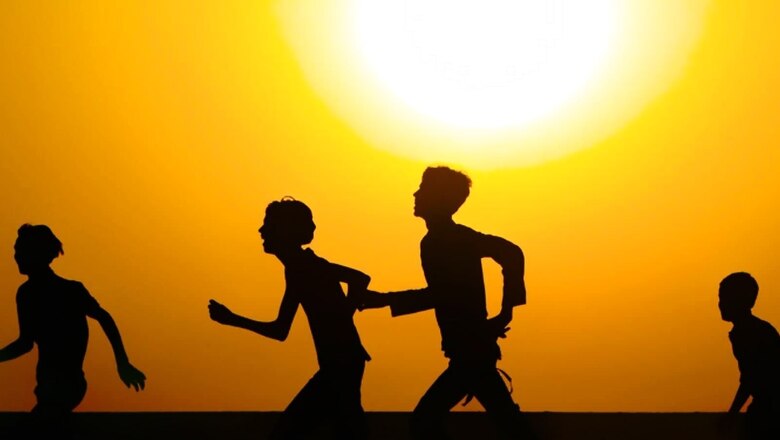
views
The Supreme Court requested the Centre and states to respond to a petition that asked the Constitution to make sports or physical literacy a fundamental right, stating that involving youngsters in sports will be beneficial because otherwise, they will wind up spending more time with electronics.
A panel of justices L Nageswara Rao and BR Gavai stated in response to a petition filed by Kanishka Pandey in 2018 to establish sports as a fundamental right under Article 21A that “children involved in sports will be something very useful, otherwise they will end up spending time on screen (gadgets)”.
The court may have highlighted gadget addiction recently but the fact is that excessive internet news or gaming or mobile addiction has been a worrying trend.
Even though it is believed that since the Covid-19 pandemic due to the lockdown and virtual classroom setup, these issues have grown massively, all of these existed in pre-pandemic time.
It is noteworthy that in 2020 a study was conducted by the JK Lone Children’s Hospital in Jaipur and it was found that the lockdown restrictions have resulted in an addiction to electronic devices, obesity, and an irritable behavioural pattern.
However, the Supreme Court, which appointed senior advocate Gopal Sankaranarayanan to examine the issue in 2019, believed that one suggestion, in particular, requiring sports facilities in schools to be open after school hours for neighbourhood children to play sports, should be investigated.
Many pupils who excel in school sporting competitions do not regard sports as a career, according to the bench.
The court used the example of cricketer VVS Laxman, who was born into a family of doctors but chose to pursue cricket as a career.
Additionally, the bench remarked that Andhra Pradesh has produced successful badminton players and that wrestlers from Haryana have followed suit after the state told the court that it has a physical literacy programme that emphasises having a sports stadium in every taluk.
The bench remarked while instructing the Centre and states to react to the amicus curiae’s interim recommendations that “very few people would make that choice. We need more and more such people to emerge.”
Sankaranarayanan presented a report to the court last month arguing that “physical literacy” should be designated a fundamental right in the country instead of “sports”.
To that aim, he proposed that the Centre create a national physical literacy mission (NPLM), develop a curriculum, create digital tools for teacher and instructor training, and require all school boards to devote 90 minutes each day to sports and games.
Sankaranarayanan argued that beginning in the next academic year, at least 90 minutes of every school day should be dedicated to free play and games, and all non-residential colleges and schools should compulsorily allow neighbourhood children to use their playgrounds and sports facilities for free, subject to basic norms of identification, security, and care.
He also said that all non-residential colleges and schools should compulsorily allow access during non-working hours to neighbourhood children to use their playgrounds and sports facilities.
Additionally, all registered and unregistered private and public education institutions that host students for more than 10 hours per week must have a physical literacy policy that acknowledges the institution’s legal commitment to integrating physical literacy into all aspects of its curriculum, according to the recommendations.
It also discussed the necessity for a dashboard that included real-time data mapping of available playgrounds and open spaces, as well as their usage rates, the availability and credentials of PE teachers, curricula, timetables, and equipment at educational institutions across the country.
Additional solicitor general (ASG) KM Nataraj, who appeared for the Centre told the court: “The Centre is all in support of sports.”
However, the bench said that a final order can be passed only after ascertaining the views of the various state governments.
Read all the Latest India News here















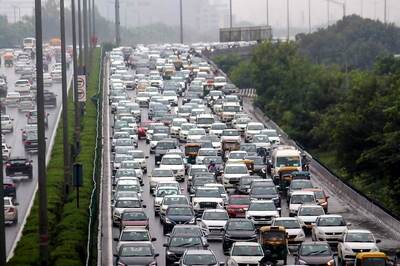

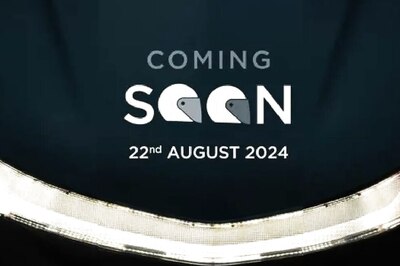
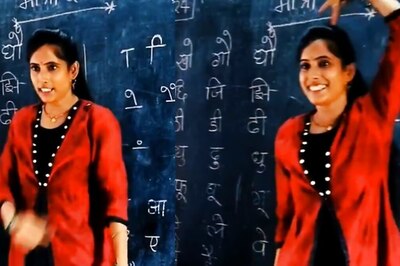
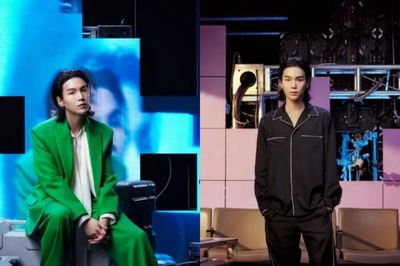
Comments
0 comment